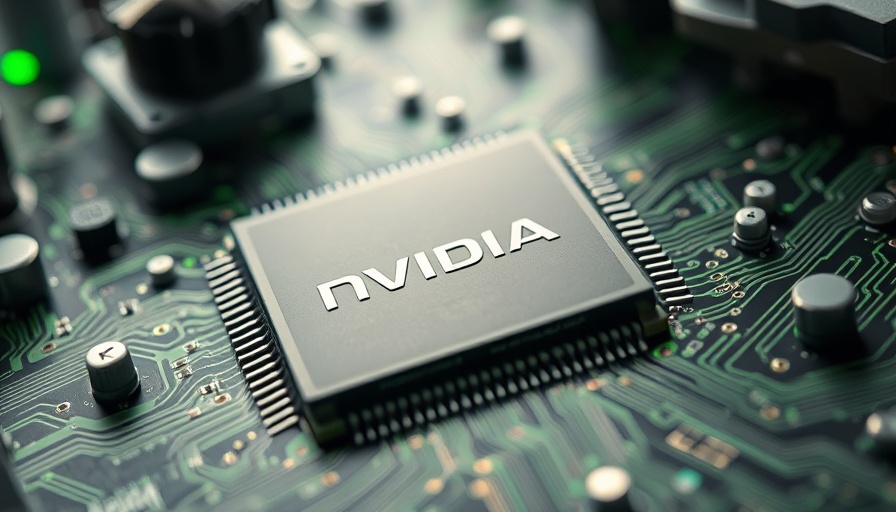
Meta's Ambitious New Direction in AI
Meta is making a considerable pivot in its approach to artificial intelligence, driven by the competitive challenge from leading tech firms like OpenAI and Anthropic. In an organization-wide change announced internally, the company revealed the establishment of the Meta Superintelligence Labs (MSL), which will spearhead its AI initiatives.
Understanding the New AI Structure
Launched under the leadership of Alexandr Wang, previously of Scale AI, the MSL will consist of four distinct groups. One of the cornerstone initiatives, TBD Labs, will focus primarily on developing foundation models similar to the Llama series—a move that signals Meta's commitment to foundational AI research. The other three newly formed groups will center on critical areas: research, product integration, and infrastructure. This reorganization reflects Meta’s strategy to streamline its AI efforts in the face of intense industry competition.
Why is Meta Restructuring Now?
The tech industry currently operates in a fast-paced environment where innovation is the key to survival and success. Meta's latest restructuring is a direct response to the advancements made by rivals such as Google DeepMind and others. This proactive approach aims not only to enhance its current AI capabilities but also to ensure that Meta once again becomes a frontrunner in AI research and deployment.
A Closer Look at the Players
With Mark Zuckerberg personally involved in recruitment efforts for MSL, it is evident that Meta is heavily investing in not just resources but also talent. This shift is crucial, as attracting leading AI researchers and developers can lead to groundbreaking advancements. As companies like OpenAI and Anthropic set the pace with their recent innovations, the pressure on Meta only escalates.
Comparative Analysis: Meta vs. Competitors
Meta's shift to MSL can be compared with the organizational strategies of other AI powerhouses. For example, Google DeepMind has consistently restructured its teams to rapidly develop customer-centric AI solutions while enhancing their commercial viability. Similarly, OpenAI's focus on user-friendliness and ethical AI has propelled it into the limelight, further intensifying the competition.
Future Predictions: A Transforming Landscape
The future of AI in tech companies like Meta is poised for exciting change. This restructuring could usher in innovations in natural language processing, computer vision, and other key areas of AI development. Industry experts speculate that Meta might soon introduce user-friendly applications based on advanced models coming from this new organizational framework.
Looking Beyond Restructuring: The Bigger Picture
This shift isn't just about Meta. It reflects broader trends in the technology industry where every move is calculated with an eye on innovation and competitiveness. The implications of this organizational change extend beyond internal strategy; they resonate with users, investors, and stakeholders concerned about the future of AI, privacy, and ethical considerations.
What Does This Mean for Tech Enthusiasts?
For those observing the tech news today, this development serves as a crucial reminder of the relentless pace of change in the AI space. As Meta evolves its AI strategy, tech enthusiasts should keep an eye on the company's advancements, as they might significantly influence the direction of emerging technologies and their applications in everyday life.
Call to Action: Stay Informed on Tech News
As Meta continues to shake up its AI organization, staying informed on the latest technology news is vital. Be sure to follow tech news portals, subscribe to updates, and engage with discussions on platforms that provide insights into these groundbreaking changes.
 Add Row
Add Row  Add
Add 



Write A Comment